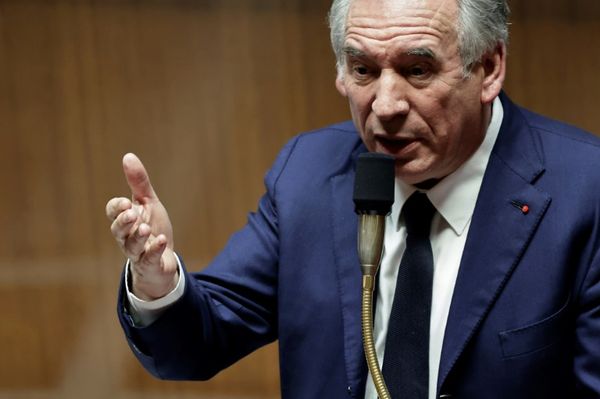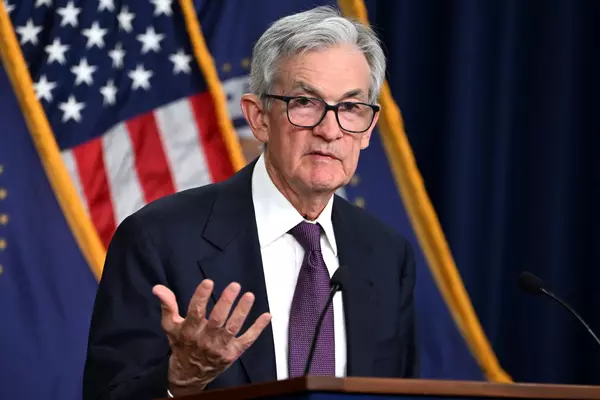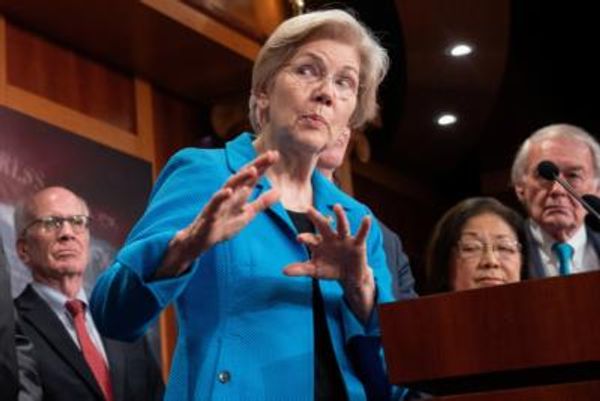
Boris Johnson has announced the end of all domestic Covid restrictions in England in a process starting later this week. Here is what is happening and when.
When is self-isolation ending?
Subject to parliamentary approval of Johnson’s plan, the legal requirement to self-isolate will end on Thursday, with people instead advised to stay at home if they have Covid, or believe they do. They will be advised to take a lateral flow test on the fifth and sixth day of the illness, and if both are negative, and if they have no temperature, they can resume normal life.
The current need for non-vaccinated adults to self-isolate if they have been in close contact with someone who has tested positive will also finish, as will the requirement for vaccinated adults and children who have been in contact with a Covid case to test themselves for seven days. There will also be an end to contact tracing.
What about self-isolation payments and sick pay?
These are also reverting to pre-Covid provisions. The £500 payment for some people on lower incomes will end on Thursday. From 24 March, statutory sick pay and employment support allowance will only start being paid after four and seven days of absence, rather than immediately, as has happened during the Covid pandemic.
And testing?
Free testing for the public will end in England from 1 April, with most people having to pay for lateral flow and PCR tests. There will be some exceptions, with free symptomatic tests remaining for NHS patients and in care homes, and some asymptomatic testing for both.
Among the public, the UK Health Security Agency (UKHSA) will set out who will still be eligible for free tests, but it is expected to be limited to people aged 80 and above or those with compromised immune systems only. There will also be tests kept for the Panoramic study, which is assessing the efficacy of antiviral drugs, for the Vivaldi scheme, examining Covid in care homes, and Siren, which looks at the NHS.
The guidance for staff and students in schools and childcare to have twice-weekly tests is ending immediately.
What else is ending?
Covid status certificates will no longer be needed, and people will not be expected to show proof of vaccination. Also, the government will revoke the Health Protection (Coronavirus, Restrictions) (England) (No 3) Regulations, which allow councils to respond to local Covid outbreaks with their own restrictions.
Wider guidance for businesses will change, for example an end to the current need for employers to explicitly consider Covid in their risk assessments.
Why is this happening, and how much will tests cost?
The end of free tests is, essentially, to save money, with Johnson saying free tests cost the government £15.7bn this financial year. The Department of Health and Social Care will now have to meet any costs of testing from its existing budget, after a long and bruising debate with the Treasury.
The cost of tests will depend on private suppliers, but officials suggest it will be “in the low single pounds” for each lateral flow. Currently, people can get a box of seven for free each day via the post, or up to two boxes at a pharmacy.
Will restrictions come back?
Is it possible. Officials have stressed that Covid is not yet endemic, and that it is possible that new variants could emerge that are both more transmissible and severe than Omicron.
What protections will remain?
There are three main areas. The first is the surveillance system, which monitors infection levels and new variants, with the ongoing ONS study, which tests a representative sample of people, being maintained at what is called a “sufficiently granular” level. Secondly, the UKHSA will keep stockpiles of lateral flow tests and maintain capacity to process PCR tests, to increase tests if needed. The third is the focus on the most vulnerable people for tests.
Is this UK-wide?
No. This plan is for England only. Health is a devolved matter and it is up to the other UK nations to decide on their strategies. The Scottish and Welsh governments have already warned against the end of free testing.
What parliamentary approval is needed?
For now, just a statutory instrument – a type of legislation that does not need an immediate vote. MPs would have to approve it within 28 days.







